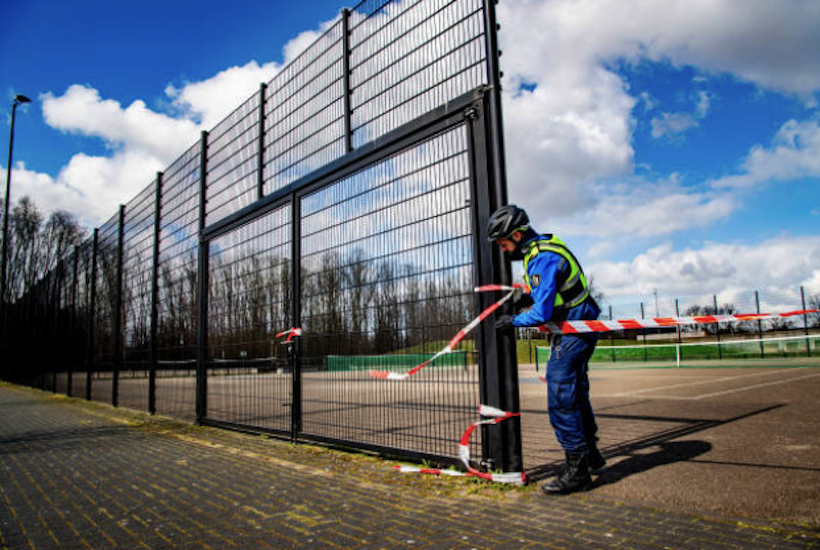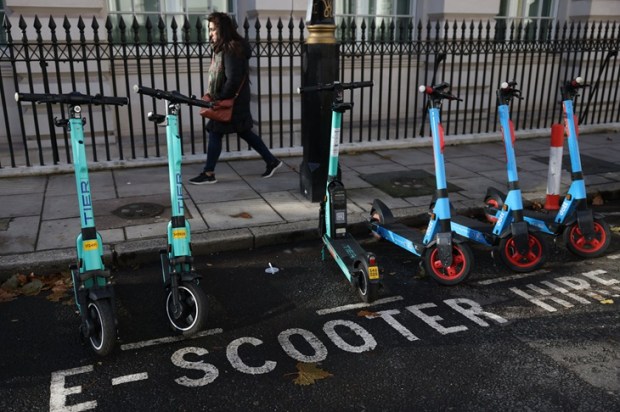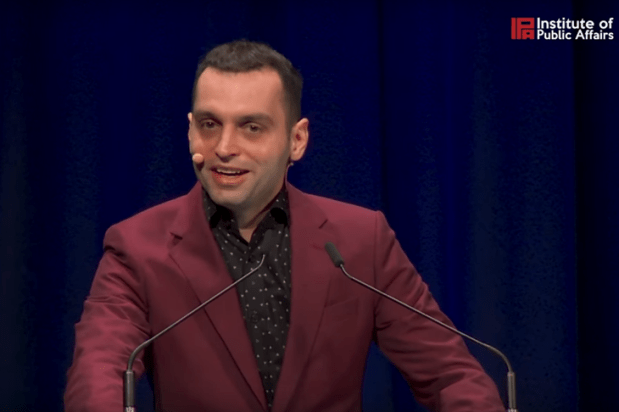On one frosty Autumn’s night in 1989, thousands of communist evacuees swelled over a fallen Berlin Wall to the embrace of their West German neighbours. With the Soviet Union in ruin, historian Francis Fukuyama famously proclaimed “The End of History” – human civilisation had arrived at its final manifestation of democracy and universal rights.
China, long a punching bag of Western colonial exploits, never sat comfortably with this new United States-led reality. In 2013, during one of his first speeches as president, Xi Jinping did away with any ambiguity: “We must prepare for all aspects of long-term cooperation and struggle between two social systems,” he warned his comrades.
Xi’s words shocked Western leaders who realised their key ideological weapons – the spoils of global trade and norms-based stability – had left the Communist Party’s guerrilla mentality unshaken. China did not see democracy and human rights for their universal value, but as instruments of the West in a game to undermine the Party’s rule and arrest its global rise.
China’s campaign against the West has been well-documented this past decade – its violation of intellectual property rights, its ‘Belt and Road Initiative’ to ensnare vulnerable economies in debt traps and the work of its ‘United Front’ in crafting pro-China narratives abroad. Yet, in what would be laughable irony were the situation not so bleak, Xi’s initial failure to contain the COVID-19 outbreak is what may ultimately reshape the world in China’s favour.
The walls of draconian governance are springing up like Easter daisies across the liberal world. Hungary’s autocratic Prime Minister Viktor Orban has seized unchecked rule under an indefinite state of emergency, bringing into conflict the EU’s democratic character. Israel’s PM Benjamin Netanyahu has closed courts and parliament to evade his impending trial on corruption charges.
The liberal fundamentals of globalism and the market are in free-fall as states turn inward to protect their medical supplies and hand money to their people. The Economist notes over 50 governments have restricted medical exports, with US President ordering firms such as General Motors to redirect their operations to cover mass shortages.
The political narrative is spiralling out of control. Although China’s political system is principally responsible for this health crisis – it left the wet-market trade unregulated, silenced medial workers and censored factual reporting – Xi has evaded accountability with the West now looking to his Wuhan crackdown for inspiration. After weathering criticism for his use of the term “Chinese virus”, even Donald Trump launched an extraordinary about-face to tweet praise for China’s “great understanding of the virus” on Friday.
Those of us who value freedom and international stability must ready for a more fragile global power balance. Xi’s China does not present the predictable strong-man authoritarian challenge of Russia or North Korea. It strives to replace, not exploit, the liberal order – its ‘Waishi’ foreign policy philosophy advocates taking what is useful and bringing it under state control. As the liberal world fissures and China grows in confidence, we should anticipate further announcements such as Philippine President Rodrigo Duterte’s 2016 “separation” from his nation’s long-term US ally.
The vulnerabilities of a liberal model that depends on good-faith diplomacy and exponential private sector growth will soon come home to roost. As the West limps towards depression, China’s centralised command has enabled its economy to display signs of rapid recovery. The China Merchants Bank released satellite imagery in early March that revealed some 60 per cent of 143 major industry sites had already restarted operations.
It will be increasingly difficult for a weakened liberal order to arrest China’s use of business for belligerent purposes – Australia’s Foreign Investments Board cautioned on Thursday of looming Chinese takeovers of distressed Australian assets and businesses. It has been revealed that two Chinese companies operating in Australia, Risland and Greenland Australia, compromised Australia’s medical equipment supply by sending their employees to buy in bulk and ship back to China in late February.
Fortunately, Scott Morrison has acknowledged coronavirus’ broader political implications; “There are some who believe liberal democracies and free societies cannot cope with these sorts of challenges. We will prove them wrong,” he trumpeted last week. Our national story speaks truth to this narrative – only when John Curtain’s “nationalisation and rationalisation” was replaced by Robert Menzies’ mixed economy did Australia unleash its growth miracle of the twentieth century.
History did not end in 1989 and now the West is suffering for its ideological malaise. Liberalism must arm itself with fresh vigour in the post-coronavirus world to recalibrate itself and confront China’s increasing belligerence.
Tom Akhurst is a Melbourne writer. He can be found on Twitter @tomakhurst
Got something to add? Join the discussion and comment below.
Got something to add? Join the discussion and comment below.
Get 10 issues for just $10
Subscribe to The Spectator Australia today for the next 10 magazine issues, plus full online access, for just $10.


























Comments
Don't miss out
Join the conversation with other Spectator Australia readers. Subscribe to leave a comment.
SUBSCRIBEAlready a subscriber? Log in